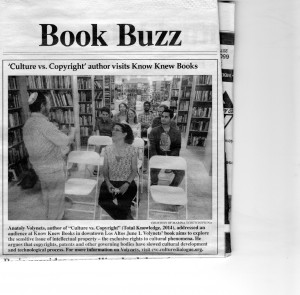This is one of questions to come up when discussion about feasibility of IP as such happens. The most common example which bothers my opponents is pharmaceutical research. In this respect it was tempting to title the post “What about ‘Me too’ effect?” Who have read “Strong Medicine” by Arthur Hailey will remember…
I was amazed and even somewhat choked to learn about “Me too” = the full analogy of the “effective plagiarism.”
So what these two are? “Me too” appears when a company comes up with a new medication. Other companies cannot do the same because of patent related issues, so they reverse engineer the medication, change it by non-essential means to the degree that initial manufacturer couldn’t claim patent infringement and sell their modifications.
As I said, it was choking. But I didn’t say it was chokingly pleasant. Yes, pleasant, for I inferred the exactly same effect for the book market (actually, as it appeared lately, I discovered the wheel — just everybody new about it from practice). I call it “effective plagiarism,” which follows a bestseller. Non-original publishers hire pseudo-writers to write something similar to the bestseller but non-essentially different to the degree that copyright infringement cannot be claimed.
Due to these effects “investment argument” does not wash at all. Should I explain or you can do on your own?
